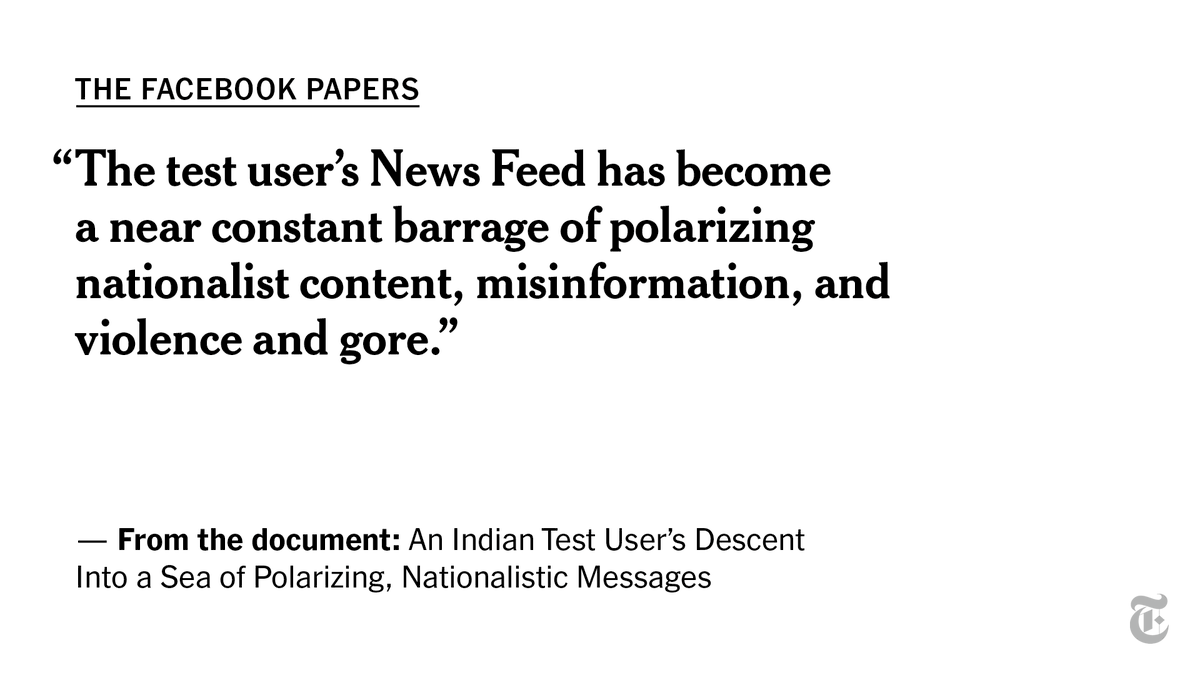
After 40 years, Abba is back with a new album and a stage show featuring digital versions of themselves from 1979.
The Swedish pop group is also risking perhaps its most valuable asset — its legacy. “You just take a chance,” Bjorn Ulvaeus said.
nyti.ms/3Bklj5d
The Swedish pop group is also risking perhaps its most valuable asset — its legacy. “You just take a chance,” Bjorn Ulvaeus said.
nyti.ms/3Bklj5d

Abba is back with new music for the first time in four decades. Have the group’s hits been the soundtrack to your life? Do certain songs take you back to moments of joy or sadness?
Tell us in the form here.
nytimes.com/2021/10/27/art…
Tell us in the form here.
nytimes.com/2021/10/27/art…
Abba, le légendaire groupe suédois, sort le mois prochain son premier album depuis 40 ans. Que représente le groupe et comment leur musique a-t-elle compté pour vous? Envoyez-nous vos témoignages.
nytimes.com/fr/2021/10/27/…
nytimes.com/fr/2021/10/27/…
Abba, le légendaire groupe suédois des années 70, sort son premier album depuis 40 ans et prépare un spectacle live par hologrammes interposés. Ils nous racontent la genèse du projet, et leurs interrogations à son sujet. nyti.ms/3CoZMcW
• • •
Missing some Tweet in this thread? You can try to
force a refresh










